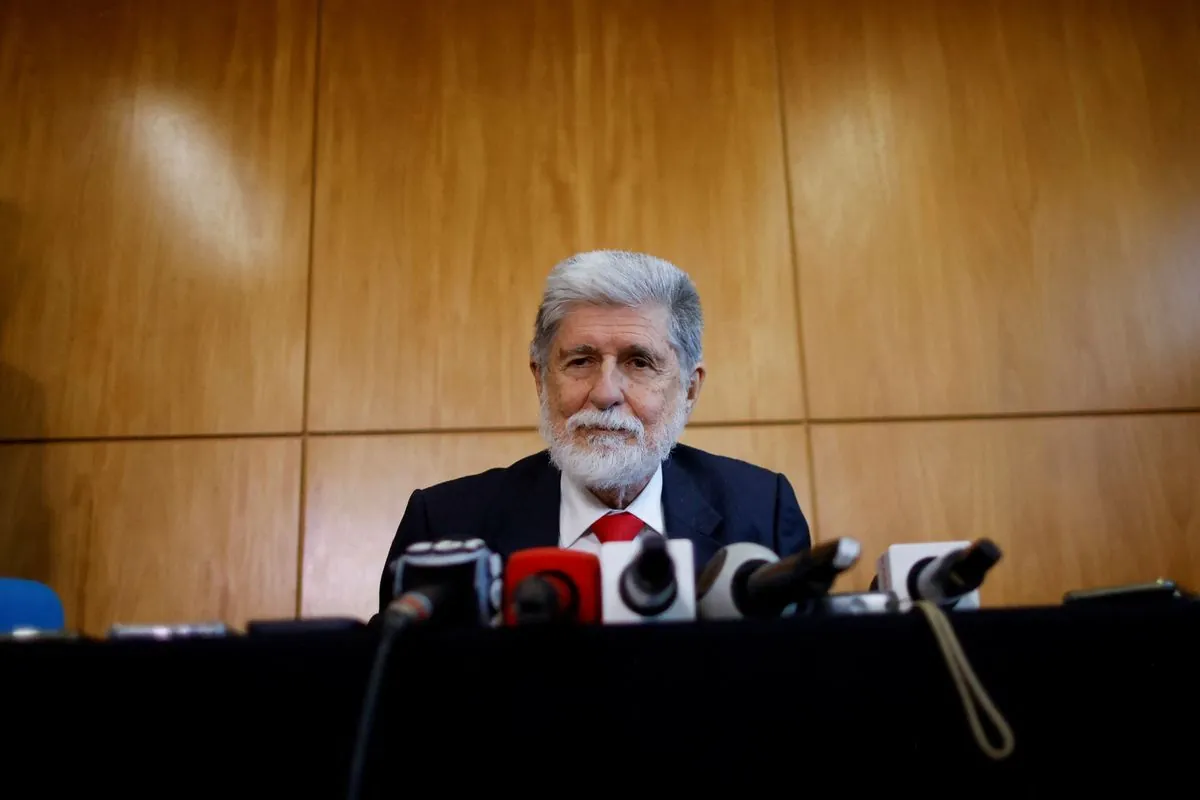In a recent development, Celso Amorim, Brazil's chief foreign policy advisor, has expressed significant concern regarding the arrest warrant issued for Venezuelan opposition leader Edmundo Gonzalez. Amorim characterized the move as "very concerning" and "the wrong thing to do," highlighting the growing unease over Venezuela's political situation.
The arrest warrant, issued by Venezuela's attorney general's office on September 4, 2023, accuses Gonzalez of conspiracy and other crimes. This action is closely tied to the ongoing dispute over the results of the July 2023 election, where both Gonzalez and incumbent President Nicolas Maduro claim victory.
Amorim acknowledged the undeniable escalation of authoritarianism in Venezuela, a country that has been grappling with a severe political and economic crisis for over a decade. Despite this recognition, Brazil maintains hope for a peaceful resolution to the neighboring country's political turmoil.
"If Venezuelan authorities were to go through with Gonzalez's arrest, it would be a political arrest, and we do not accept political prisoners."
This statement underscores Brazil's stance against politically motivated detentions and its commitment to democratic principles in the region.
Venezuela's ongoing crisis has had far-reaching consequences. Since 2015, over 7 million Venezuelans have fled the country, creating a significant humanitarian challenge. The nation, despite possessing the world's largest proven oil reserves, has experienced economic collapse, with its GDP contracting by more than 75% since 2013.
Brazil's diplomatic position remains neutral regarding the contested Venezuelan election. Amorim reiterated this stance, stating, "The election situation in Venezuela is not resolved, we do not see victory for one side or the other." This approach reflects Brazil's careful navigation of the complex political landscape in South America.
The international community remains divided on the recognition of Maduro's government, which has been in power since 2013. Venezuela's close ties with Russia, China, and Cuba have further complicated the geopolitical dynamics surrounding the crisis.
As Venezuela continues to face challenges, including a collapsed healthcare system and widespread shortages of essential goods, the need for a peaceful resolution becomes increasingly urgent. The country's opposition has repeatedly called for free and fair elections, a demand that resonates with many in the international community.
Brazil's expression of concern over the arrest warrant for Gonzalez highlights the ongoing tensions in Venezuela and the broader implications for regional stability. As the situation unfolds, the international community watches closely, hoping for a peaceful and democratic resolution to Venezuela's protracted crisis.
